Grassroots Feminists are Breaking the Cycle of Conflict and Climate Disaster
By: Annesha Chowdhury, WEA's Global Programs Manager
On a crisp mid-March morning, I took a busy train from Queens to Manhattan to get to the Church Center of the United Nations. I made my way through a crowd of excited women leaders from all over the world, who had gathered to attend the sixty-seventh session of the Commission on the Status of Women (CSW67).
I had been invited to attend a panel discussion on “How Grassroots Feminists are Breaking the Cycle of Conflict and Climate Disaster,” by Diana Duarte, Director of Policy and Strategic Engagement, a fellow Feminist Green New Deal Coalition member who works at MADRE — a global women's human rights organization and feminist fund. The panel focused on how grassroots, women-led organizations — made up of feminist peace builders and climate defenders from rural and indigenous communities — are building resilience and hope in the aftermath of war. The panelists shed light on how impoverished communities and those embroiled in conflict are disproportionately impacted by climate disasters. They provided insights into how we can partner with grassroots feminist organizations to inform global policy and action, and to strengthen communities around the world.
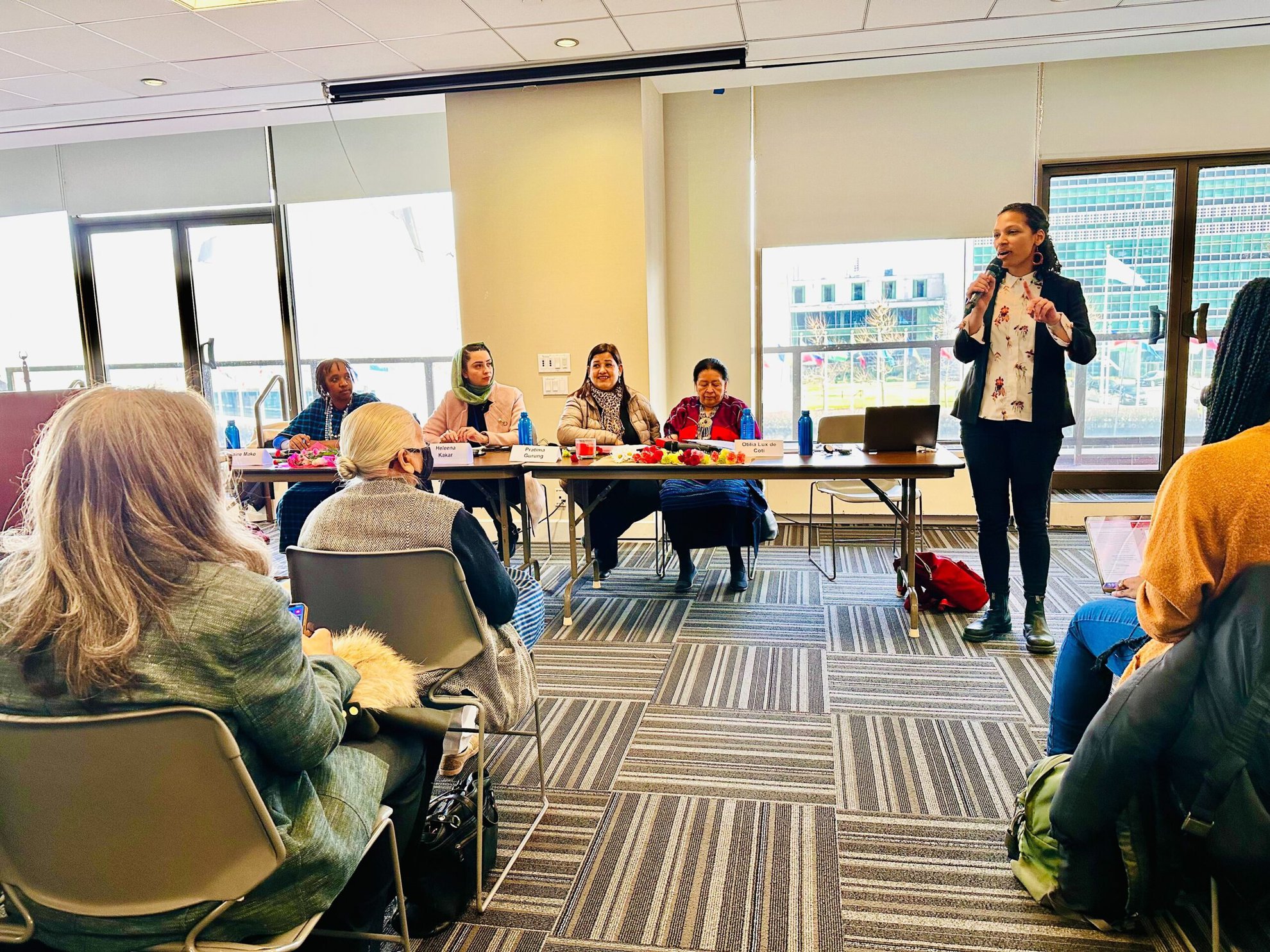
Here are some of the highlights from this important dialogue:
The gathering began with a blessing by Mayan elder and Indigenous leader, Otilia Lux de Coti from Guatemala. As part of her land acknowledgement and moment for grounding, Otilia shared:
“We need to defend food security and the lives of future generations. When we talk about climate justice through this lens, we see that there are women who defend the land, forests and water. We cannot leave these women alone to fight this, but need to learn how we can fight alongside them.”
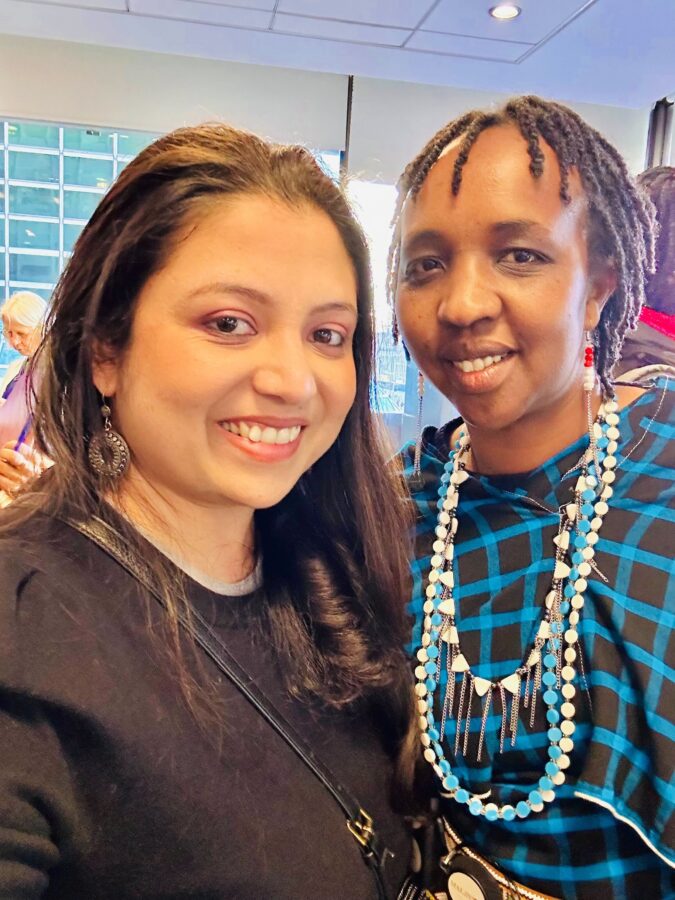
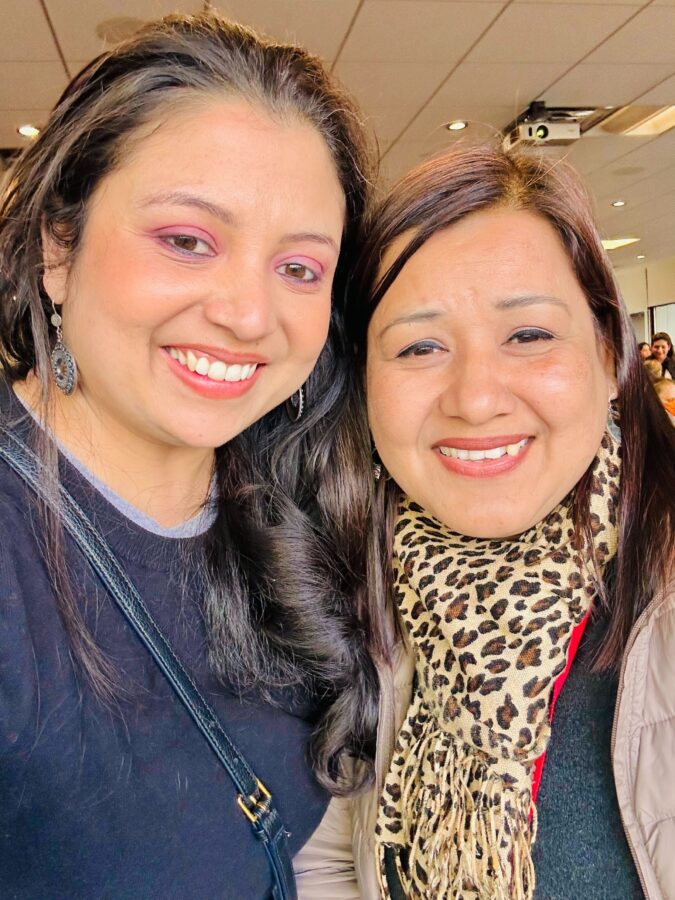
Mako Paine, Executive Director at the Ujamaa Community Resource Team (UCRT) — an organization that protects the environment by improving livelihoods and governance amongst indigenous pastoralists in Northern Tanzania — spoke to the importance of ensuring that women have a seat at the decision-making table in communities that traditionally recognize communal rights, rather than individual rights. With many pastoralist communities facing systemic erosion of their access to resources and communal lands — which, in many cases, leads to increased conflict — it is critical to protect the rights of women as stewards of communal lands and livestock.
Ms. Pratima Gurung, both a lecturer at Padma Kanya College, Tribhuvan University, Nepal and an academic activist who works at the intersection of disability and climate justice with indigenous youth and in Nepal, highlighted how people with disabilities are rarely at the center of climate discourse because they are not recognized as contributing members of society. Pratima shared, “Nepal ranks fourth in the global ranking of counties at highest risk due to climate change. Yet, various layers of discrimination are still being experienced and often not discussed in public discourse…[We must] put people with disabilities at the center with meaningful engagement. When it comes to climate crises the structural and historical limitations that women with disabilities face [must be] addressed…Traditional customary practices and rights of indigenous people have to be respected and protected. We need to include people and women with disabilities because they need a seat at the table and not just as passive beneficiaries.”
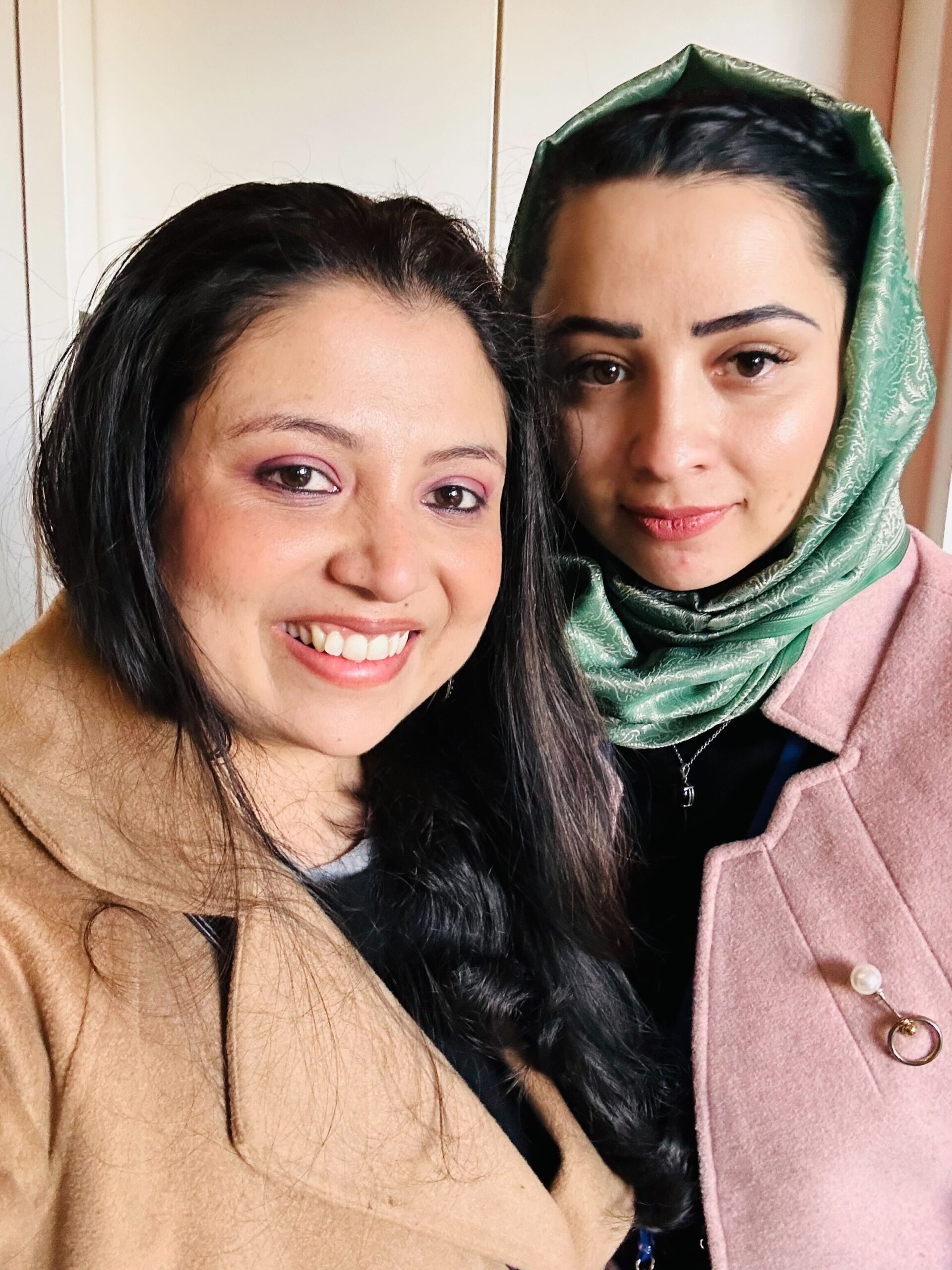
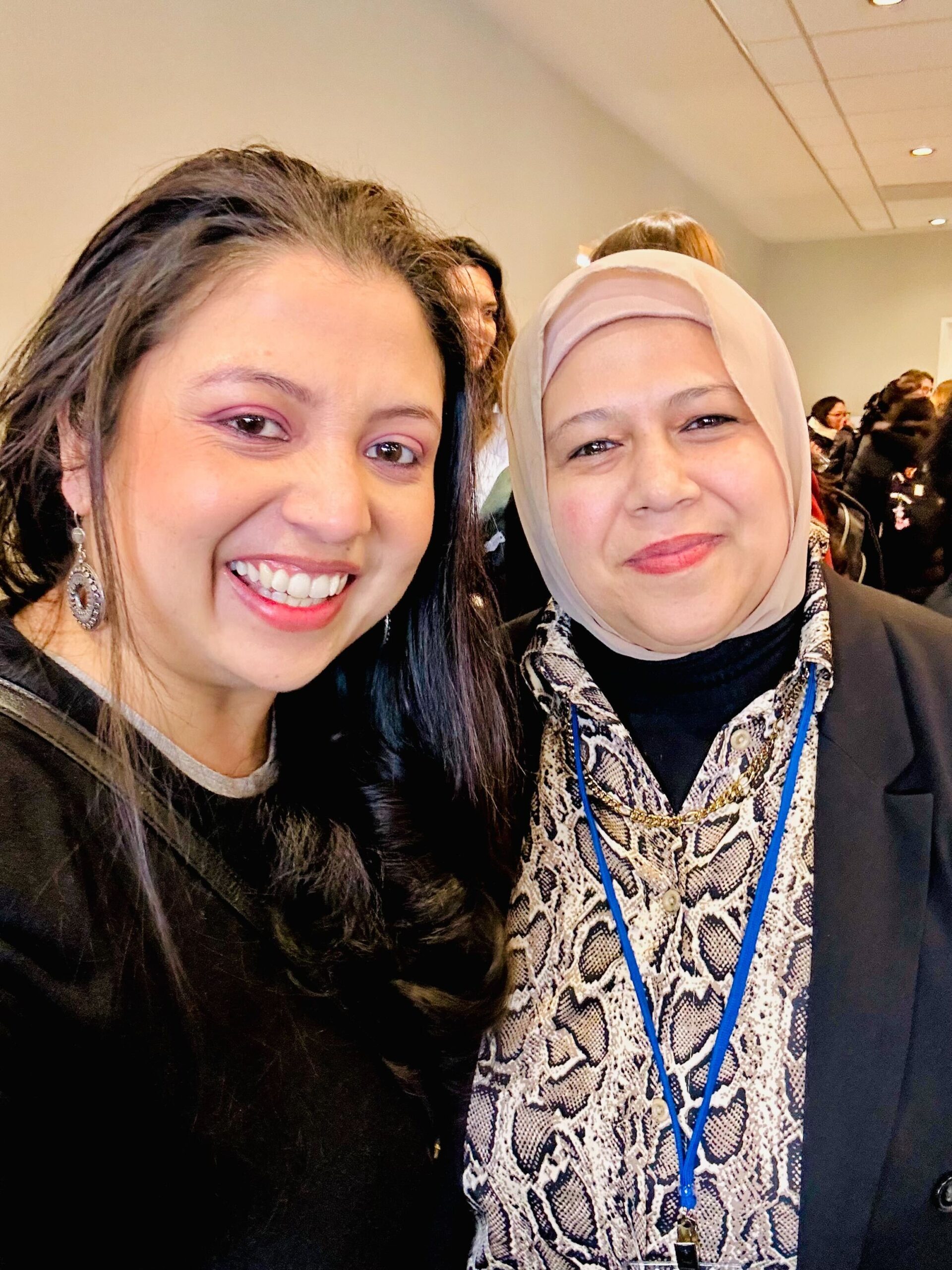
Heleena Kakar, a consultant at MADRE who coordinates actions with Afghan women and girl groups both in country or in exile, urged the international community to prioritize Afghan women and children in the Climate Justice discourse and find meaningful ways of engaging with Afghan grassroots women who are currently experiencing violence due to political and social unrest, oppression by the current regime, and climate change. Heleena shared an insightful yet disturbing situation unfolding in Afghanistan in the light of conflict and climate change. Due to continuous droughts, conflict between families for limited resources such as water has increased. As a result, women are often traded as objects during peace negotiations that occur in places experiencing these climate change impacts. The world must not forget Afghan women and children whose health, safety, and livelihoods are threatened by both the climate emergency and the regime change, Heleena urged.
Muna Luqman, a Yemeni peace activist and advocate for human rights, Co-Founder of the Women's Solidarity Network, Chairperson of Food For Humanity, and a member of the Women’s Alliance for Security Leadership, shared a story of hope. She highlighted the strength of the Yemeni women who are supporting their communities through a time of ongoing conflict, extreme drought due to climate change, and the COVID-19 pandemic. Yemeni women are leading peace talks among warring communities and developing localized approaches to promote peace, cooperation, and coordination when it comes to accessing limited resources. We need to listen to women who are trying to address these issues by supporting grassroots organizations and funding feminists on the ground.
It was inspiring to be among this group of powerful women leaders and climate advocates and to hear their powerful stories. From Tanzania to Nepal, Afghanistan to Yemen, CSW67 brought into focus the impact of grassroots, women climate defenders around the world. Together, we are sowing the seeds of resilience and hope that we need to support our global movement for climate justice.
Join us!
